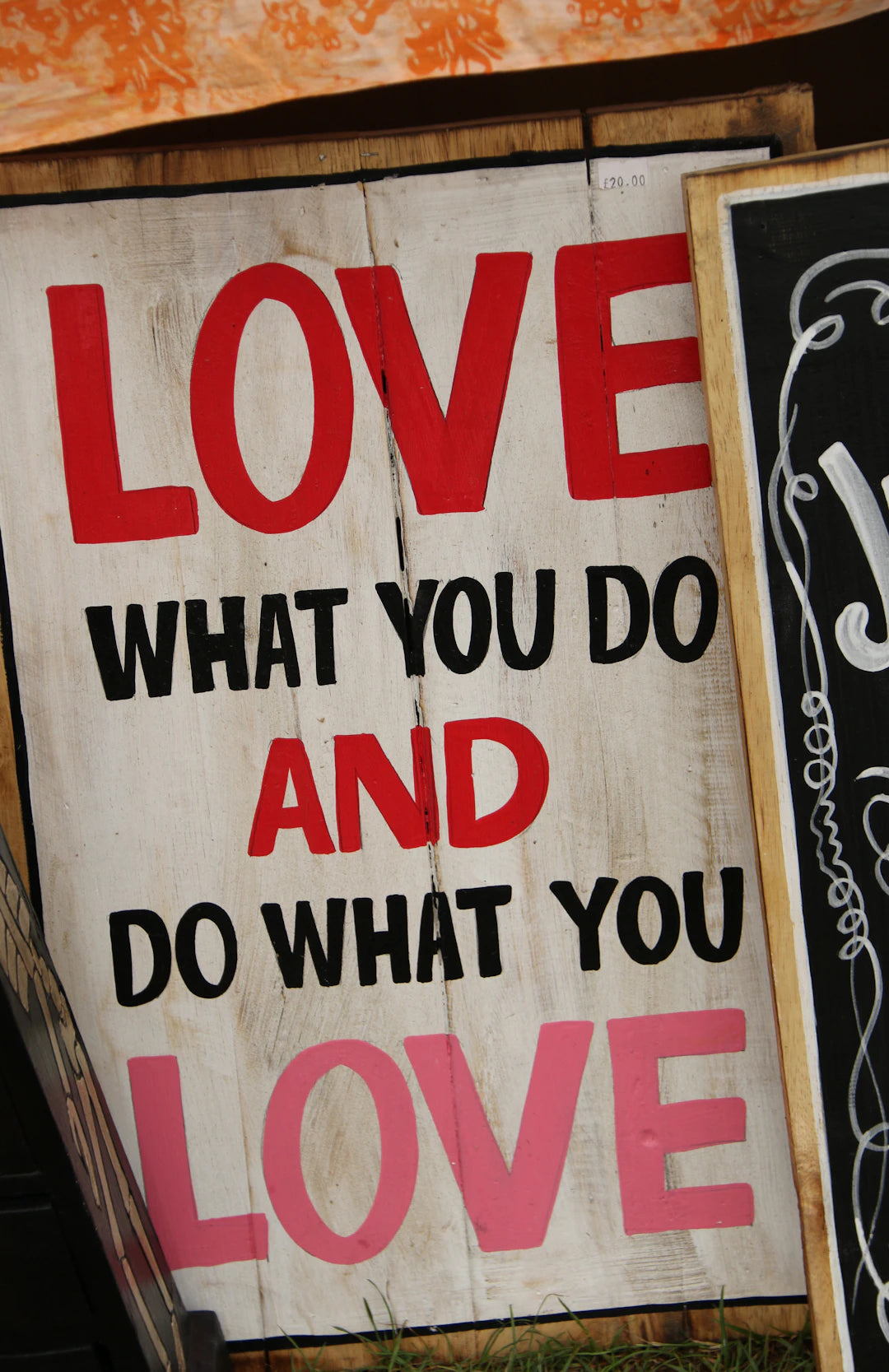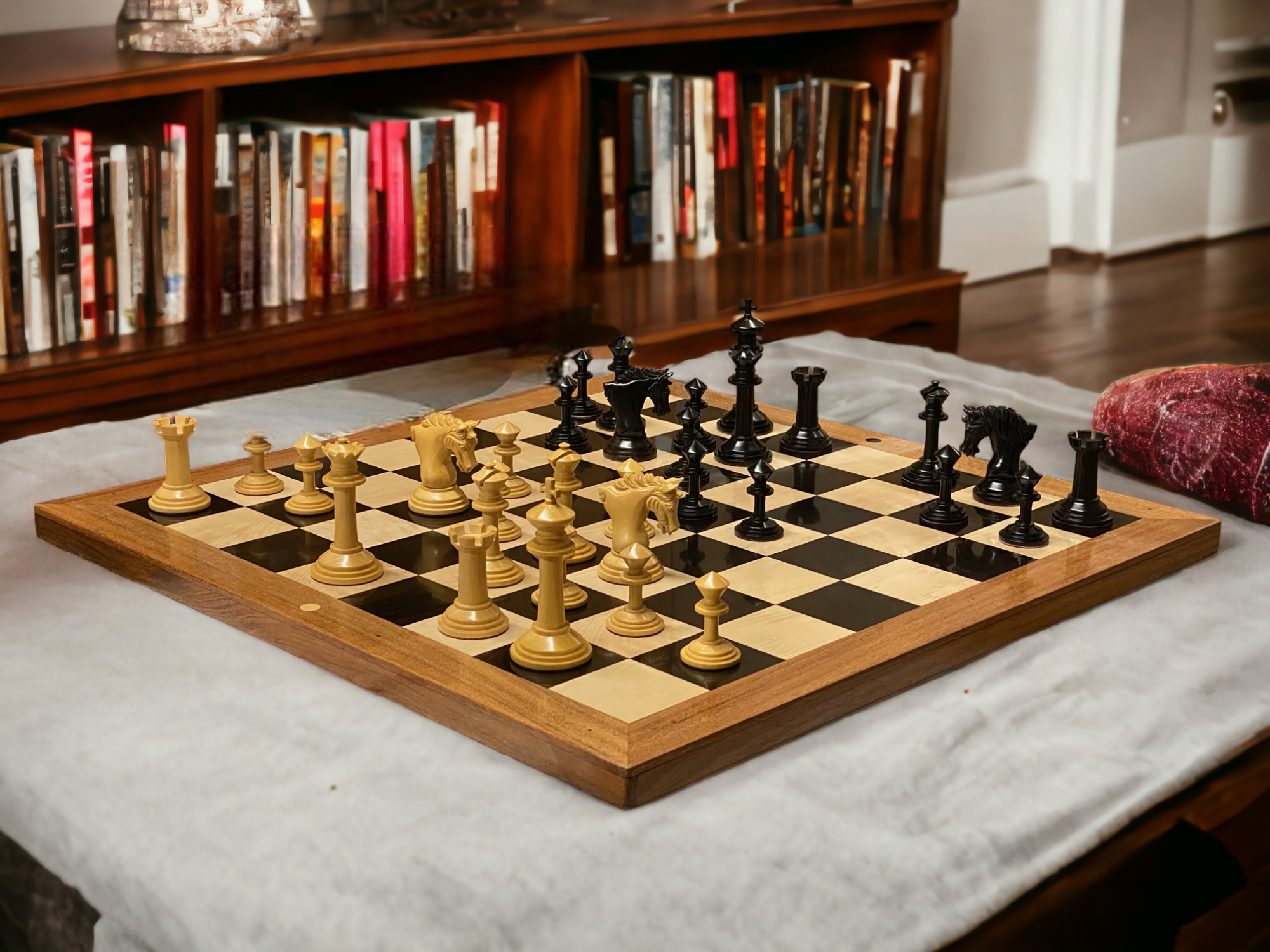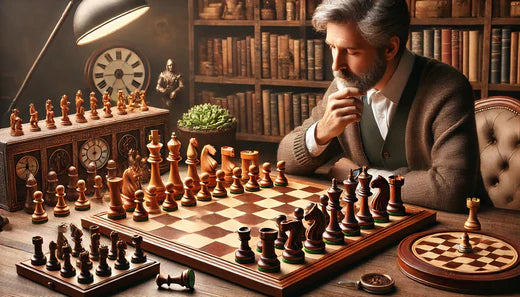When you think of chess, you might picture the intricate strategies, the anticipation between players, or the delicate weight of the pieces in your hand. However, one crucial yet often overlooked aspect of this ancient game is the role of colour contrast, especially when it comes to the chessboard itself. In this article, we will explore why colour contrast matters in chess, how it can affect your gameplay, and the ideal settings for your next match on a 20 Inch Chess Board.
The Basics of Colour Contrast in Chess
Colour contrast refers to the degree of difference between colours on the chessboard. The design typically features dark and light squares, which help define the play area. But it's more than just aesthetics; colour contrast can significantly impact visibility, focus, and overall enjoyment of the game.
The Standard Colour Combination
The conventional chessboard is made of alternating light and dark squares. Common colour combinations include:
- White and Black
- Natural wood tones (light and dark wood)
- Green and cream
- Blue and off-white
Each combination offers varying levels of contrast, and while some may look appealing, they may not be optimal for gameplay. A high degree of contrast tends to enhance the clarity of the game, making it easier for players to track their pieces and strategise effectively.
The Impact of Colour Contrast on Visibility
Enjoying a game of chess requires acute concentration and comprehensive board awareness. This is where colour contrast plays a pivotal role:
Enhanced Piece Recognition
When there's a stark contrast between the squares and the pieces, locating your pieces becomes significantly easier. Players can distinguish their pieces from the board with less strain. A well-contrasted 20 Inch Chess Board allows players to make quicker decisions without hesitating to check the piece's position on the board.
Reduces Eye Strain
Prolonged gameplay can lead to eye fatigue, especially if the colours don't contrast well. A chessboard that provides an optimal colour scheme allows players to stay focused for longer periods, thus enhancing their performance. Eyes can move fluidly between pieces and squares, aiding in quicker calculations and more fluid play.
Strategies for Using Colour Contrast Effectively
While standard colour palettes are widely used, you can implement various strategies to enhance colour contrast in your chess games:
Choose the Right Lighting
Lighting can significantly impact how colours are perceived. Bright, natural daylight can enhance the visibility of contrasting colours, while dim lighting may wash out colour differences. Invest in good overhead lighting or try to play near windows to get ample natural light.
Consider Personal Preference
What works for one player might not work for another. Experiment with different board colours and pieces to find a combination that resonates with your eyesight and playing style. Some may prefer a classic black-and-white board, while others may find softer hues more comfortable to navigate on a 20 Inch Chess Board.
The Psychology of Colours in Chess
Colour isn’t just a logistical issue; it’s also tied to psychology. Different colours evoke different feelings and responses. Here’s how some common colours are perceived in chess:
Black and White
The quintessential chess colours promote a sense of tradition and formality. The stark contrast ensures clarity and is ideal for proper tournament settings, where every move counts and concentration is key.
Wood Tones
Natural wood tones create a warm and inviting atmosphere. Players often feel more relaxed, which can make the game feel more friendly and enjoyable. However, ensure that the contrasts are sharp enough to maintain clarity.
Bright Colours
Utilising bright hues, such as blues or reds, may energise players and evoke excitement. While this could be beneficial in casual games, it might be distracting in higher-stakes matches.
The Aesthetic Appeal of a Well-Designed Chess Board
A chessboard is not merely a playing field; it’s a statement piece that can elevate the aesthetic of a room. A beautifully crafted 20 Inch Chess Board that emphasises contrasting colours can serve dual purposes—functionality and visual appeal. Therefore, consider the following:
Design Innovation
Innovative designs that incorporate contrast naturally can enhance your playing experience. Boards featuring unique patterns or additional colours can offer a refreshing twist while still ensuring optimal visibility.
Variety of Materials
The choice of materials also influences how colour contrast appears. Glossy finishes may reflect light and accentuate colour differences, while matte finishes can absorb light, creating a more subdued appearance. Choose a board that aligns with your aesthetic preference while also maintaining optimal contrast.
The Role of Contrast in Competitive Chess
At its core, chess is a competition of wits, where focusing on the board and anticipating your opponent’s moves is essential. Here’s how colour contrast specifically influences competitive play:
Reducing Distraction
In high-stakes matches, any distraction can lead to a lost focus and cost you the game. A well-contrasted chessboard allows players to zone in on their pieces rather than straining to differentiate between hues. This ensures that both players can maintain peak focus throughout their game.
Promoting Fair Play
Utilising a 20 Inch Chess Board with appropriate colour contrast ensures that neither player has an undue advantage when it comes to visibility. In a tournament environment, consistency in board design provides a level playing field, allowing skill and strategy to take centre stage.
Real-World Applications of Colour Contrast in Chess
While the above factors lay the groundwork for understanding colour's significance in chess, here are some real-world scenarios demonstrating its impact:
Casual Play at Home
When playing chess at home or at local community centres, players often have the flexibility to choose their boards. Choosing a contrasting colour scheme can create a more enjoyable atmosphere, transforming chess into an engaging social activity rather than just a game.
Chess Tournaments
Competitions require strict attention to detail. Tournament directors often prioritise boards with high contrast to mitigate any potential issues stemming from colour difficulties. This not only sets the tone for the professionalism of the event but also optimises the players' experience.
Your Chessboard Matters
As you can see, the impact of colour contrast in chess extends beyond mere aesthetics. It touches upon practical aspects of gameplay, enjoyment, and the very essence of strategising effectively. When selecting your next board, particularly a 20 Inch Chess Board, consider how the colours interact, how they appeal to you, and how they will affect your game. Engaging in chess can be an enriching experience, and the right board plays a significant role in your journey. So, as you prepare for your next match, remember that the colours on your chessboard are more than just visual; they’re foundational to your success in the game!
Take a look at another user's Shopify store by clicking here. Please be aware that this is a promotional link, and we cannot be held responsible for the content of the linked store.



